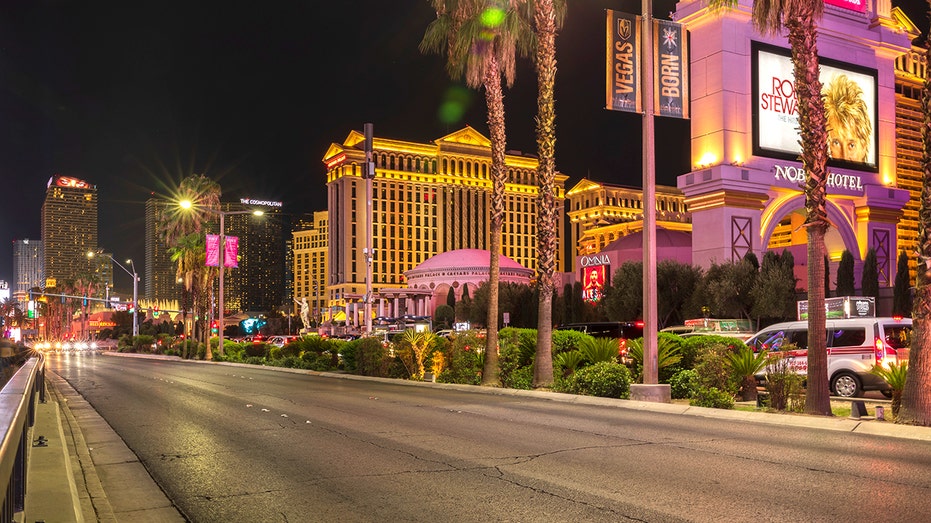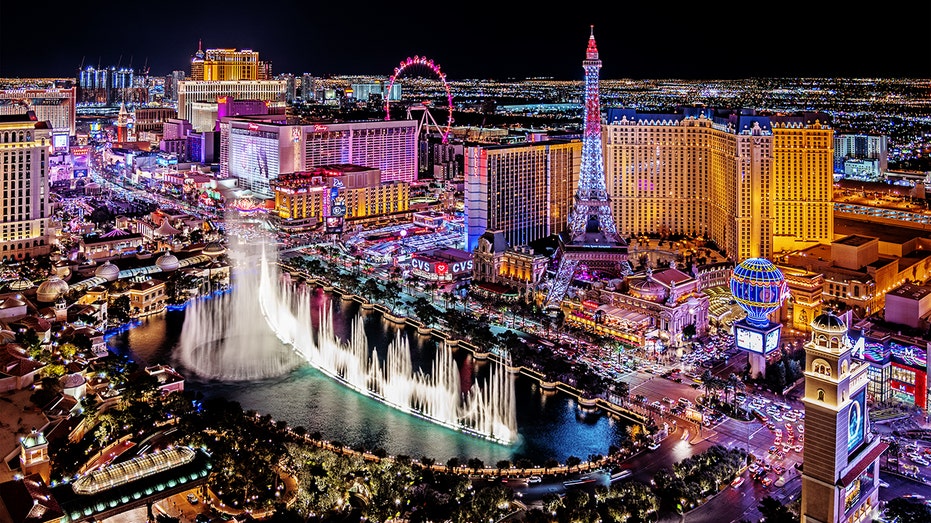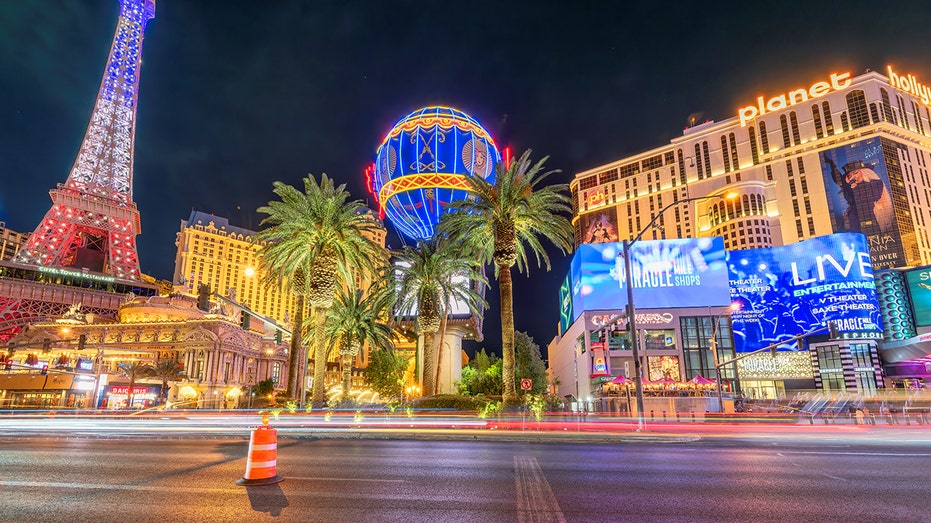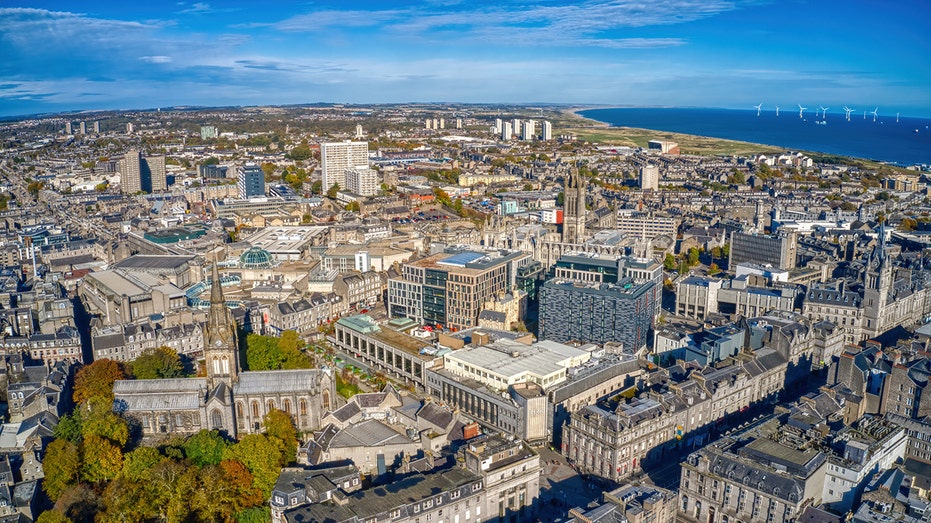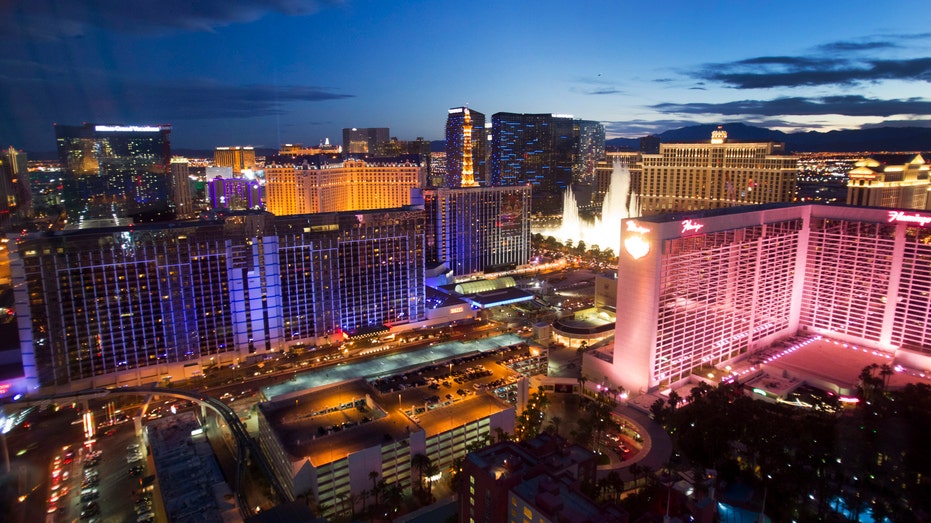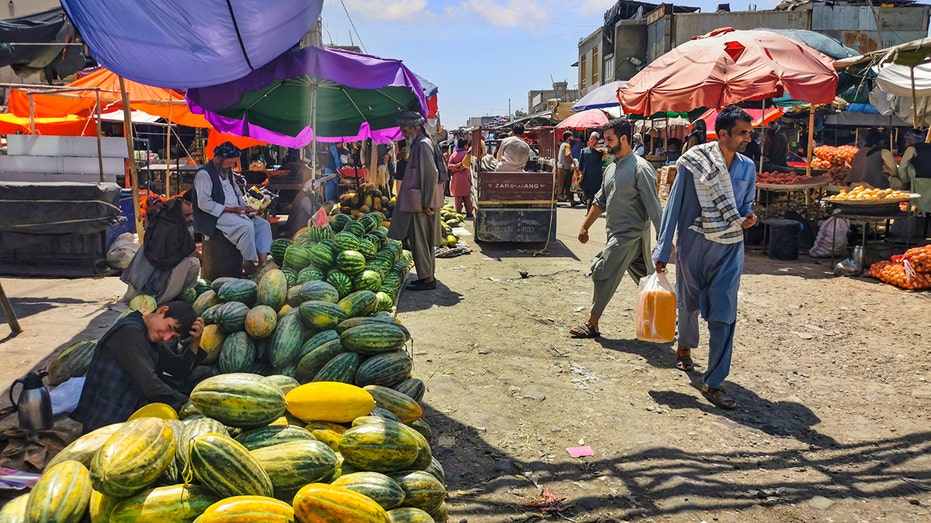Las Vegas Tourism in Crisis? Decoding the Decline and Future of Sin City

Sarah Johnson
August 13, 2025
Brief
Analysis of Las Vegas tourism decline, exploring tariffs, economic factors, and generational shifts. Includes expert insights and future outlook.
Las Vegas Tourism Dip: Tariffs, Trends, and the Transformation of Sin City
Opening Analysis: Las Vegas, a perennial symbol of American entertainment and excess, is facing a complex challenge: declining tourism. While officials point to tariffs and international relations as primary culprits, a deeper look reveals a confluence of factors reshaping the city's appeal. The shifting preferences of younger generations, the rise of online gaming, and broader economic uncertainties are all contributing to a potential turning point for Las Vegas.
The Bigger Picture: From Rat Pack to Resorts World
Las Vegas has reinvented itself multiple times since its inception. Originally a dusty railroad stop, it rose to prominence in the mid-20th century as a haven for gambling and entertainment, fueled by the Rat Pack era and its associated glamour. The city later embraced the mega-resort model, offering a wider range of attractions including high-end shopping, celebrity chef restaurants, and elaborate stage shows. However, this evolution has come at a cost. The increasing focus on luxury and high-roller experiences may be alienating a broader range of potential visitors. Furthermore, the global financial crisis of 2008 served as a stark reminder of the city's vulnerability to economic downturns, impacting discretionary spending on travel and leisure.
What This Really Means: More Than Just Fewer Visitors
The decline in tourism figures is more than just a headline; it reflects a substantive shift in consumer behavior and economic realities. Blaming tariffs offers a convenient scapegoat, but it overlooks the fundamental changes occurring within the entertainment industry. The rise of online gambling provides an accessible alternative to the physical casino experience, particularly for younger demographics. Additionally, the cost of visiting Las Vegas has steadily increased, making it less attractive compared to other leisure options. The city's reliance on international visitors also exposes it to geopolitical instability and currency fluctuations.
Expert Perspectives
Katherine Esposito, Professor of Hospitality Management at UNLV: "Las Vegas needs to adapt to engage younger audiences by innovating and integrating more technology and immersive experiences. The future of Vegas depends on embracing more diverse offerings that go beyond gambling, shows, and luxury retail to experiences that younger demographics value, such as eSports, interactive gaming, and social media integration."
David G. Schwartz, Gaming Historian and Author: "While Las Vegas has always reinvented itself, the current challenges are unique. The rise of regulated and unregulated online gambling options are a threat to the traditional business model that the casinos have enjoyed for years. The city must find ways to offer unique live experiences that online offerings cannot replicate."
Data & Evidence: By the Numbers
- A 20+% drop in tourism from Canada, Las Vegas' largest international source of visitation.
- Harry Reid Airport has seen a 4.1% decline year-to-date.
- The U.S. Travel Association warns of a potential 10% reduction in Canadian travel to the United States.
Looking Ahead: Revitalization or Relic?
The future of Las Vegas hinges on its ability to adapt to these changing dynamics. The city's investment in events like the Formula One Grand Prix signals an attempt to attract a new, affluent demographic. However, this strategy must be complemented by efforts to diversify its offerings and appeal to a broader range of visitors. Creative integration of technology, the development of unique, shareable experiences, and strategic pricing are crucial to ensuring Vegas remains a top destination. Furthermore, a more resilient economy less reliant on gaming revenue is also necessary.
The Bottom Line
While tariffs and global economic factors play a role in Las Vegas' tourism decline, they are not the only drivers. Shifting consumer preferences, the rise of online gaming, and the need for revitalization are critical factors. The city must embrace innovation, diversify its offerings, and cater to a broader demographic to ensure its continued relevance. Failure to adapt could transform Las Vegas from a vibrant entertainment hub into a nostalgic relic.
Topics
Editor's Comments
The focus on high-roller experiences could be inadvertently pricing out the average tourist, especially in an era where experiences are increasingly valued over material possessions. By concentrating on a smaller, wealthier clientele, Las Vegas may be undermining its historical foundation as a destination for everyone. The city needs to carefully balance luxury offerings with accessibility to ensure its long-term viability, and maybe offer packages that make it more affordable for the average Canadian to visit.
Like this article? Share it with your friends!
If you find this article interesting, feel free to share it with your friends!
Thank you for your support! Sharing is the greatest encouragement for us.
